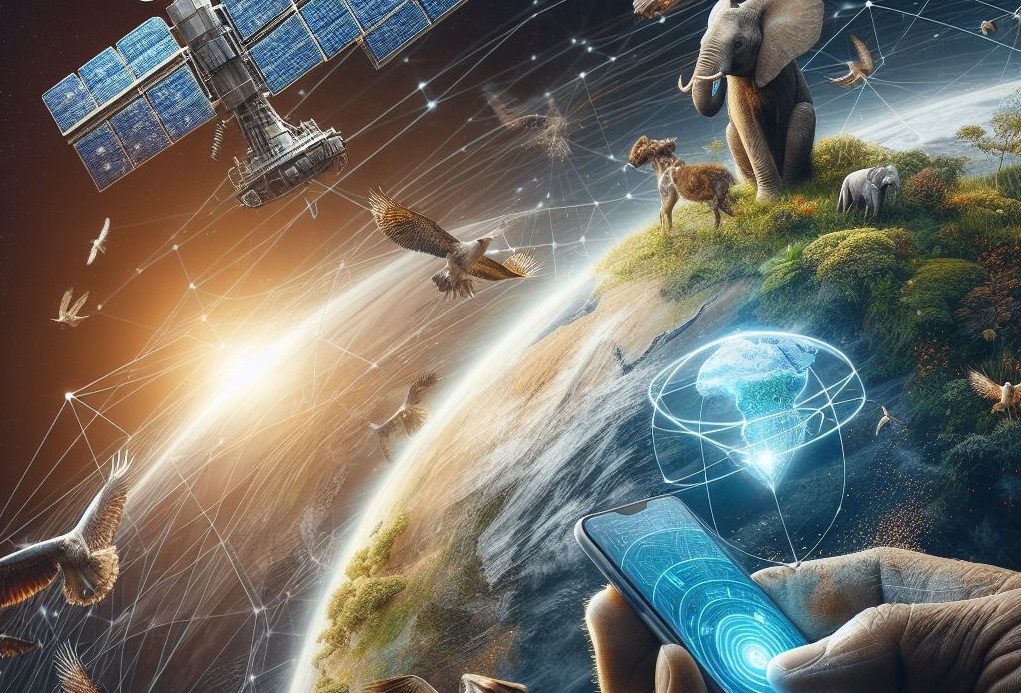
Sateliot and the Endangered Wildlife Trust (EWT) are teaming up to protect endangered animals and stop poaching in Africa using advanced 5G satellite technology.
In this partnership, Sateliot extends 5G satellite coverage to NGOs like EWT, seamlessly connecting with existing Mobile Network Operators (MNOs) without any additional equipment costs. This means EWT can now do more than before to protect animals and without spending extra money on satellite connections.
This collaboration is really important because illegal trade has been hurting vultures in Africa. Thousands of vultures have died from poisoning and other scavenging animals are at risk too. To help, EWT created a special system called Eye in the Sky to quickly find and stop poisoning incidents.
Eye in the Sky relies on GPS-tracked vultures, which are natural sentinels in the ecosystem. These birds have special sensors that can find where poison is as well as where animals are eating poisoned food. The system has worked well in stopping animals from being poisoned. The system is saving many lives.
Currently covering over 15 million square kilometers and monitoring 380 vultures across five species, Eye in the Sky has detected and responded to 15 poisoning incidents in the past year alone. Quick actions have saved more than 100 endangered vultures and stopped the poison from hurting more animals, keeping the wildlife safe.
Sateliot’s help gives EWT important money relief, so they can use their funds for other ways to protect animals. Gianluca Redolfi, COO Sateliot, thinks that satellites can change how we save animals. With better satellite technology, such groups can do more to keep animals safe in Africa.
